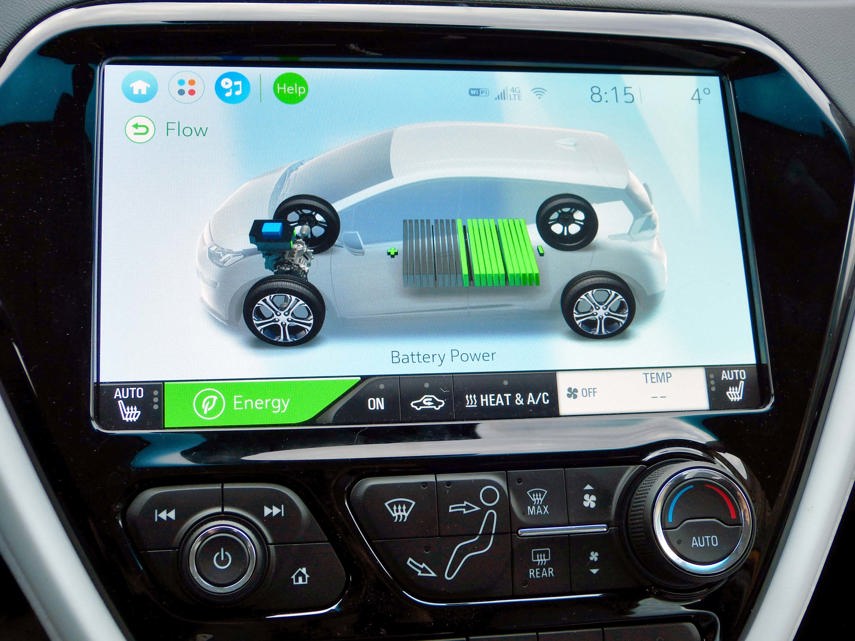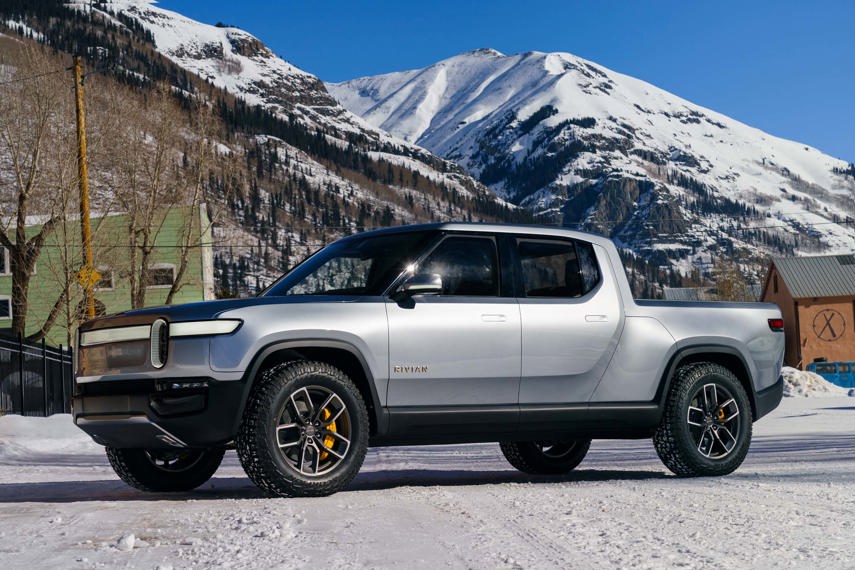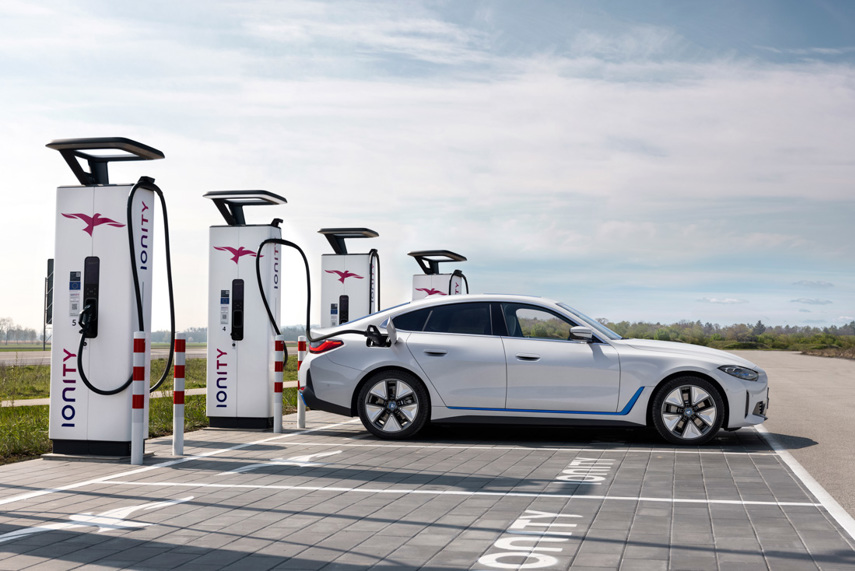The automotive industry has undergone a tumultuous time this year, to say the very least. 2021 started off similar to 2020, with the COVID-19 pandemic continuing to affect our daily lives.
As vaccinations ramped up, though, car demand did too, as an AutoTrader survey revealed that many Canadians weren't very comfortable taking public transit or using ride-sharing during the pandemic. The only problem was that consistent production setbacks resulted in low vehicle inventory, driving up new and used vehicle prices as customers happily paid the sticker price or sometimes even more to get the vehicle they want.
In addition to COVID-19, other trends also resumed this year as electric vehicles continued to rise in popularity and became a hot topic among politicians in Ottawa.
So, with 2021 nearly behind us, let’s take a look at some of the biggest automotive headlines and newsmakers we saw over the course of the past 12 months.
5. Chevrolet Bolt EV/Bolt EUV Battery Fire Recall

General Motors’ only two battery-electric production vehicles, the Chevrolet Bolt EV and Bolt EUV, suffered a crushing blow this year after the National Highway Traffic Safety Administration (NHTSA) received multiple reports of sudden battery pack fires occurring in the vehicles. The automaker was eventually forced to recall all 140,000 examples of the vehicles, issue a stop-sale order on them, and idle the assembly plant where they are built for a yet-to-be-determined amount of time.
The automaker’s battery pack supplier, LG Energy Solution, is on the hook for roughly US$2 billion in recall repair costs due to the Bolt battery fires. While GM won’t have to pay for the recall, its image in the eye of electric vehicle buyers has certainly been tainted – which is unfortunate considering the company is currently spending billions to develop new EV models.
4. Advent of EV Trucks

If there was one common trend in the North American automotive industry this year, it was battery-electric pickup trucks. The GMC Hummer EV Pickup and Rivian R1T both entered production this year, while the Ford F-150 Lightning made its official debut to huge fanfare. The Tesla Cybertruck debuted last year and has since been delayed until 2022; however, there’s no denying that the oddball, sci-fi-inspired pickup generated a ton of buzz this year, too.
Electric pickup trucks look set to dominate the conversation in 2022, as well, with GM set to debut battery-electric versions of both the Chevy Silverado and GMC Sierra. Toyota also teased an electric mid-size pickup similar to the Tacoma late this year, which we expect to learn a bit more about in 2022. It’s an exciting time for electric pickups.
3. Canada’s 2035 EV Mandate
![]()
The Canadian government announced this summer that it would require all new passenger vehicles sold by 2035 to be zero-emission. This new policy was implemented after the government reviewed an International Energy Agency report, which said that by 2035, all vehicles sold worldwide would need to be zero-emission in order for the planet to achieve net-zero carbon emissions by 2050.
In a statement, Canada’s Minister of Environment and Climate Change, Jonathan Wilkinson, said cutting transportation emissions “is one of the most readily achievable and economically beneficial paths Canada can take on the road to net-zero emissions by 2050.”
Needless to say, automakers also took notice of this policy, which mimics that of certain U.S. states like California and New York, among others. Many automakers were already working on several new battery-electric vehicle models, but consumers can be sure that policies such as this will kick EV development into overdrive.
2. COVID-19’s Lasting Impact

While this may seem obvious, there’s no denying that COVID-19 continued to have a lasting impact on the automotive industry this year. Production setbacks and parts shortages linked to the pandemic, along with high demand for both new and used vehicles, made certain new cars and trucks hard to come by – driving up prices.
The pandemic also continued to force the cancellation of major automotive events in Canada this year, including the Honda Indy in downtown Toronto, the Canadian International Auto Show, and the 2021 Montreal Auto Show. Both CIAS and the Montreal Auto Show have been cancelled for 2022, as well.
1. Semiconductor Chip Shortage

The global semiconductor chip shortage wasn’t just the biggest automotive story of 2021 – it was also one of the biggest news stories, period. A multitude of factors has caused a global shortage of microchips, including increased demand for personal electronics due to work-from-home measures, employment shortages stemming from the COVID-19 pandemic, and a fire at a major chip fabrication plant operated by Japanese company Renesas.
This chip shortage was the main driving factor behind the inventory shortages we mentioned previously. To mitigate the effects of the shortage, some automakers have been removing certain electronic features from their vehicles – reducing the number of chips they use per unit. GM, for example, sold some trucks without active fuel management and dynamic fuel management systems this year. Other GM vehicles did not come with HD radio systems or heated seats for this reason.
While the chip shortage is unlikely to subside in 2022, consumers should see prices even out as automakers start to catch up with demand.

